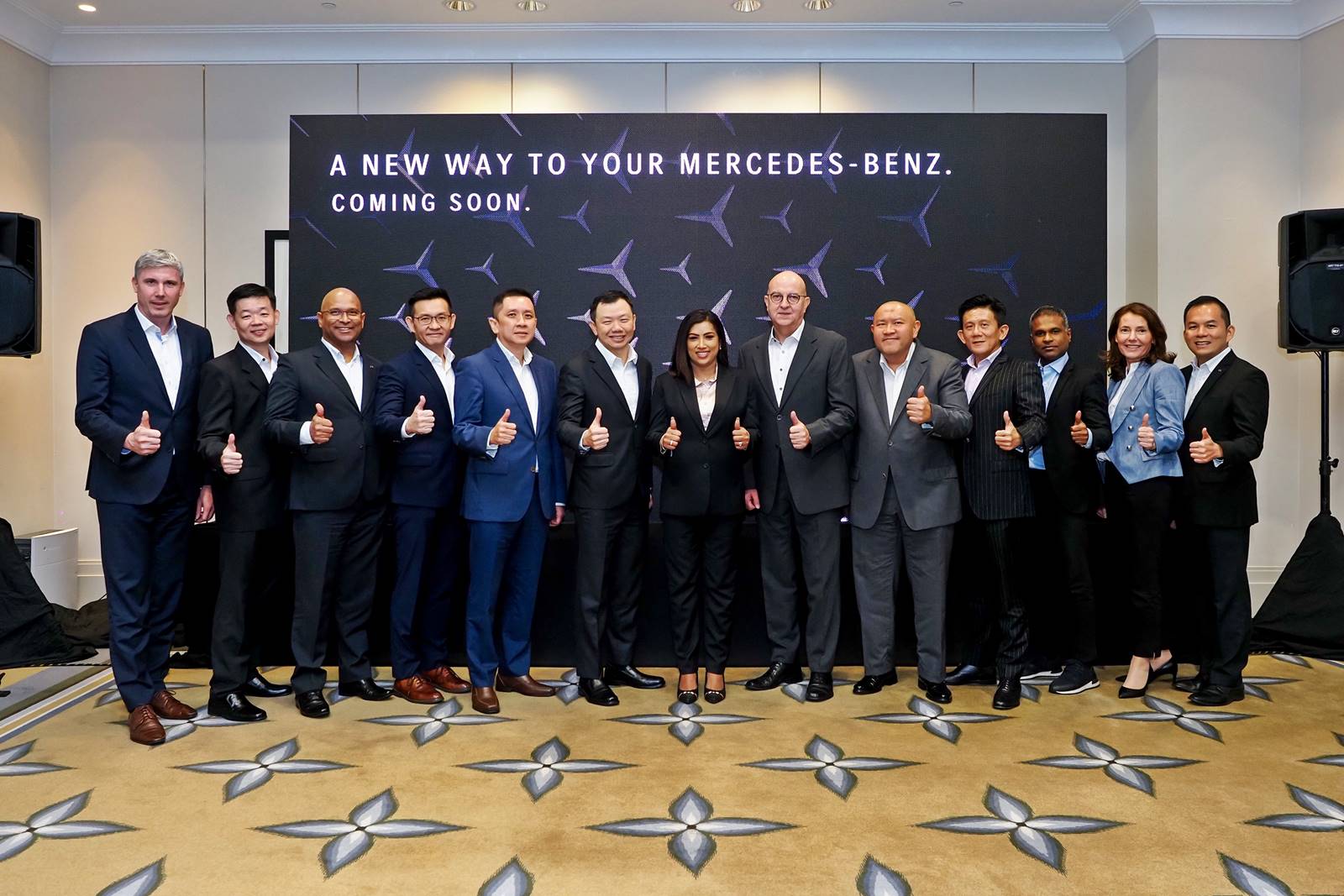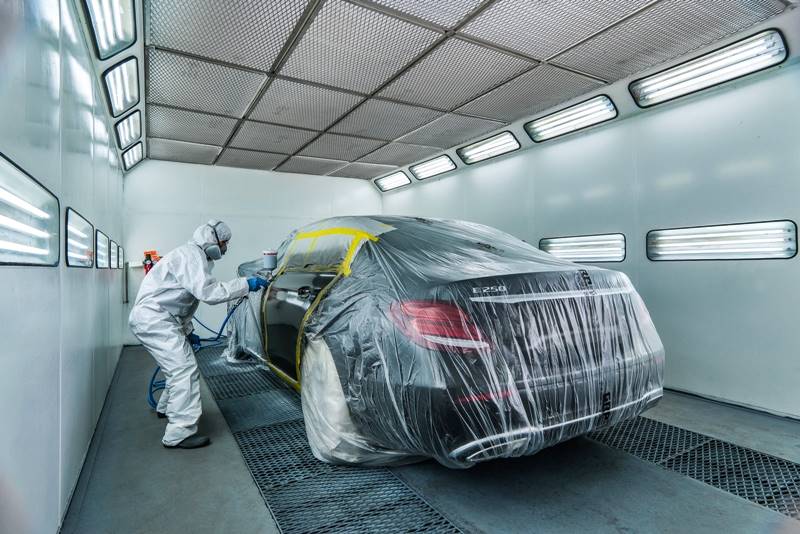Mercedes-Benz has reached an agreement with its retail partners on the key points to introduce the agency model in Malaysia. The company will drive the transformation together with all its retail partners to meet the changed customer needs in the digital era.
Under the new business approach, retail partners will continue to represent the brand, as before, with their network of outlets. They will still play a crucial part in ensuring a seamless customer experience, from the initial research phase to the vehicle delivery.

“This progress is driven by changes in customer behaviour in the digital age. We want to make it as easy as possible for our customers to interact with us. It doesn’t matter if it’s digital or physical. The agency model supports us in seamlessly connecting all contact points,” explained Bettina Plangger, Vice-President, Sales & Marketing, Mercedes-Benz Malaysia.
Dealers to be more customer-focussed
Mercedes-Benz Malaysia expects the new agency model to allow its retail partners to concentrate even more on looking after customers. They will provide a comprehensive range of services such as vehicle sales, financing options, maintenance and repair services, provision of genuine parts availability and warranty support.
For customers, the new model will offer the best single price for their purchase. They will have even more freedom to choose from a national stock, regardless of location or channel. Discussions on purchase can be with product experts at authorized dealerships of their choice, and a purchase can be processed and concluded online.

“We are excited to share a major milestone in our mission to strengthen customer loyalty for the Mercedes-Benz brand. Through a close partnership with our esteemed retail partners, we will jointly embark in taking the next step towards revolutionizing our sales model. As the first in the region to implement the agency model for the brand, we are confident that this transformative leap will further enhance our brand’s presence and deliver an exceptional customer experience. Together, we look forward to an exciting journey in redefining automotive sales in a highly digital and technological era,” said Sagree Sardien, CEO & President of Mercedes-Benz Malaysia said
Evolution of car industry
The shift to the agency model represents another stage of evolution in the Malaysian auto industry which has actually differed in some ways from practices in other countries. Until the late 1990s, importers and distributors were also dominant in the retail business through branches.
The carmaker and brand owner remained separate from the business and only provided guidance and support. Not being involved meant that the carmaker did not have much contact with customers to understand what they needed or wanted, and the relationship was pretty much only with the dealer.
This differed from other countries where importers/distributors usually were managed by carmakers or did not get involved much in the retail side, appointing numerous dealers. In Malaysia, there was a dominance of branches owned by distributors, with less independent dealers in the network.

This situation arose partly because it was expensive to get into the car business back then, and it was the large trading companies like Inchcape and Wearnes which had the financial resources. As such, they extended their business activities from wholesale and distribution to include retail sales through their own branches.
After the late 1990s when the government allowed foreign companies to have full ownership, if they wished, the carmakers started to establish their own subsidiaries. Volvo, Mercedes-Benz and BMW were among the early ones and they set about revamping the business model by taking over marketing activities that had previously been handled by their distributors.
The distributors – companies like Federal Auto, Cycle & Carriage and Auto Bavaria – were relegated to being ‘super dealers’ and focussed only on retail activities and aftersales support. The major brands moved in this direction as the market became large enough to justify their direct involvement.

The agency model, where the carmaker takes over an even larger part of the process of selling a car gives greater control to the brand owner. Naturally, it changes the role of the dealers but it also streamlines operations, including pricing discipline, which in turn should improve efficiency.
Ultimately, whoever sells them the car, customers should benefit with increased attention from both the carmaker and then the dealer who has the job of looking after customers well.
Mercedes-Benz Malaysia Training Academy invites applications
